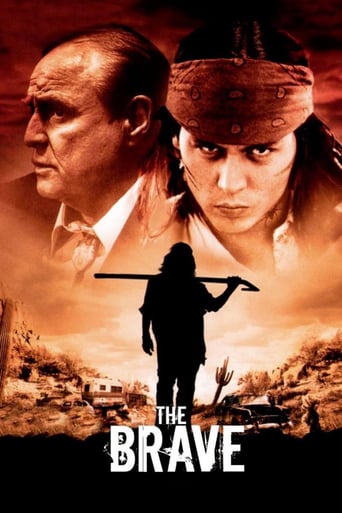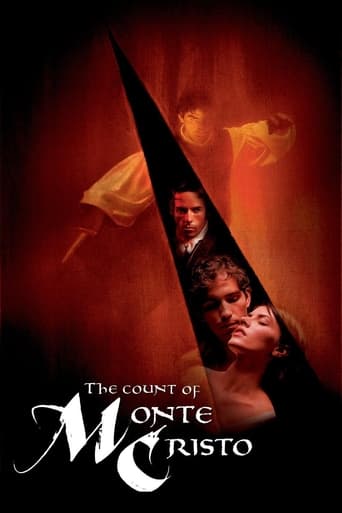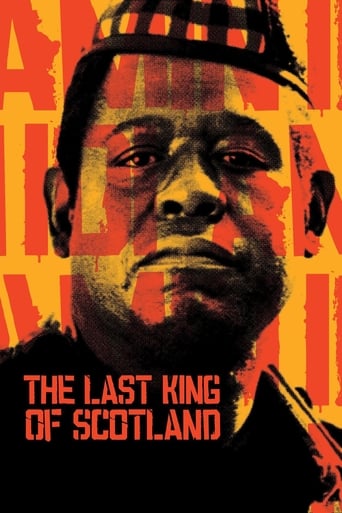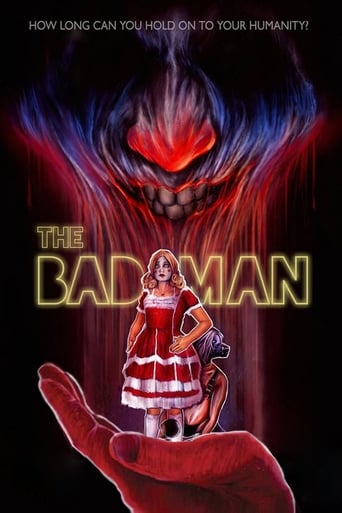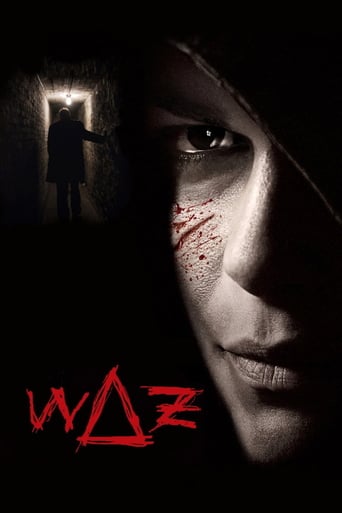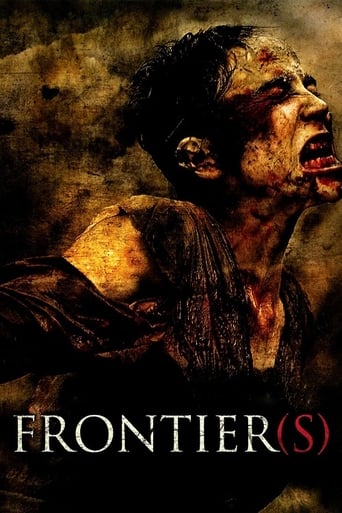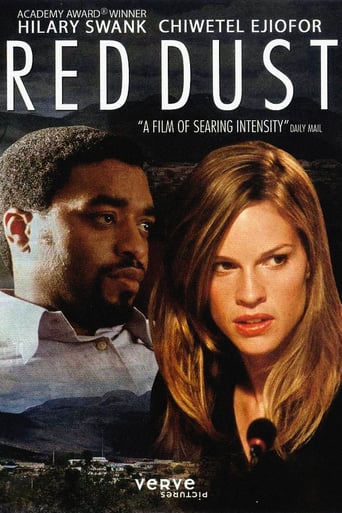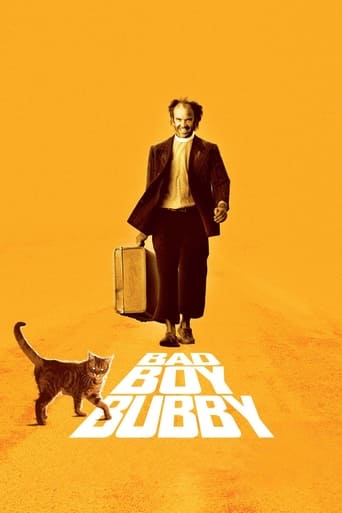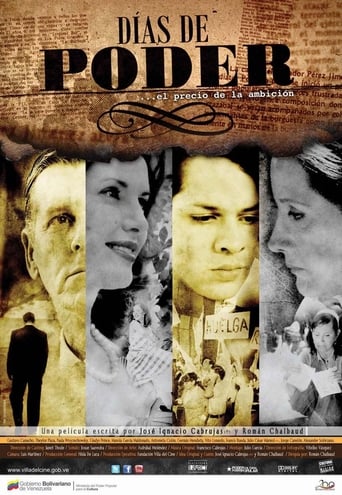

Días de poder (2011)
The film tells the story of Fernando Quintero (Gustavo Camacho), revolutionary leader who, after the fall of the dictatorship of Marcos Perez Jimenez, ascends to power, betraying their ideals to become an accomplice of repression against whom he fought.
Watch Trailer
Cast


Similar titles
Reviews
Good idea lost in the noise
Did you people see the same film I saw?
One of those movie experiences that is so good it makes you realize you've been grading everything else on a curve.
The thing I enjoyed most about the film is the fact that it doesn't shy away from being a super-sized-cliche;
Praised by a few critics as Román Chalbaud's best film since "El pez que fuma" (1977) and "La quema de Judas" (1975), and rejected by many as an opportunity lost, I really enjoyed this melodrama as a retro-kitsch, homo-erotic story of emotional incest, neither explicit nor assumed by the two main characters, a father (Gustavo Camacho) and his young son (Theylor Plaza), both on antagonistic sides of the political scene in Venezuela in the 1960s. Chalbaud wrote the screenplay with José Ignacio Cabrujas in 1962, but social, political and financial circumstances did not allow him to shoot his script until 2010, with financial backing by the State production company, created during the presidency of Hugo Chávez. To tell the truth, I don't know if this is one of his best films, or if Chalbaud took or did not take full advantage of the facilities provided by the Venezuelan film industry. Prior to this, I had only seen "El pez que fuma", one of my favorite Latin American films of the 1970s in which a brothel functioned as a symbol of the nation. This time no symbols are needed, the story is straightforwardly told, and its political implications are direct. Everything and everybody concerned re-enacts a sort of broad, dramatic farce on screen. Even if Chalbaud's collaborators did not incurred in some of the film's most obvious flaws (as cinematographer Vitelbo Vázquez' lighting inside the room of the sick, dying father, as well as most of the cast members' make-up), they have all created a parade of ghostly characters, coming in and out of the room, as the man dies, the love for his son now unfulfilled. Maybe Chalbaud (who was present during the Margarita Film Festival, where the film was in competition) used William Wyler's strategy in "Ben-Hur" (asking Stephen Boyd to play Messala as if he were in love with Charlton Heston's Ben-Hur), urging any (or both) of his two leading players to play his part as a homosexual, a sensation also felt during a bedroom scene, when a revolutionary student stays overnight at the son's room. As a travesty of inner feelings and pretensions, I enjoyed "Días de poder", blessed with an excellent selection of Latin American music (as Acerina's terrific opening danzón), as it was in "El pez".




